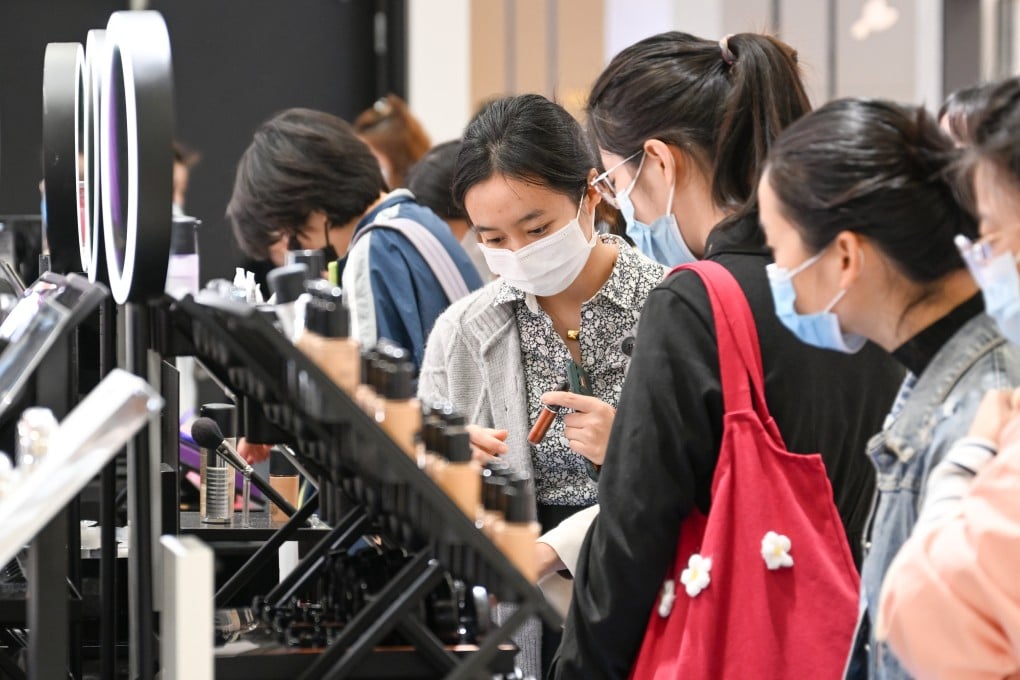China’s youthful beauty brands give themselves a facelift after initial success with clever marketing begins to fade
- China’s home-grown beauty market is facing external and internal pressures, and needs deeper product and management expertise
- At least a dozen online beauty brands, including Apinkbaby and Two Space, closed shop last year, media reports show

Emerging local beauty brands in China are doubling down on their “inner self” including research and development (R&D) and market positioning to stay relevant in a competitive market with increasingly discerning consumers.
Florasis, a home-grown brand founded in the eastern city of Hangzhou and known for its traditional Chinese aesthetics, announced last Friday that it was investing over one billion yuan (US$158 million) over the next five years in R&D.
Established in 2017, the brand found national fame when China’s top live-streamer Li Jiaqi featured its carved lipstick – inspired by Chinese sculpture – in his live-streams in 2019. In recent years though, there has been market scepticism that the brand can continue its success without the Li connection.
Elsewhere, the co-founder of rival beauty brand Girlcult recently reflected on the mistakes the four-year-old brand had made with an overeager “embrace of the mass market”, which involved collaborations with famous TV shows such as Sesame Street.
“It not only overturned our branding and positioning, it also made us feel lost,” said Suo Zhi, chief operating officer and co-founder of the brand, in an article for trade publication Brand Of The Future last Thursday.